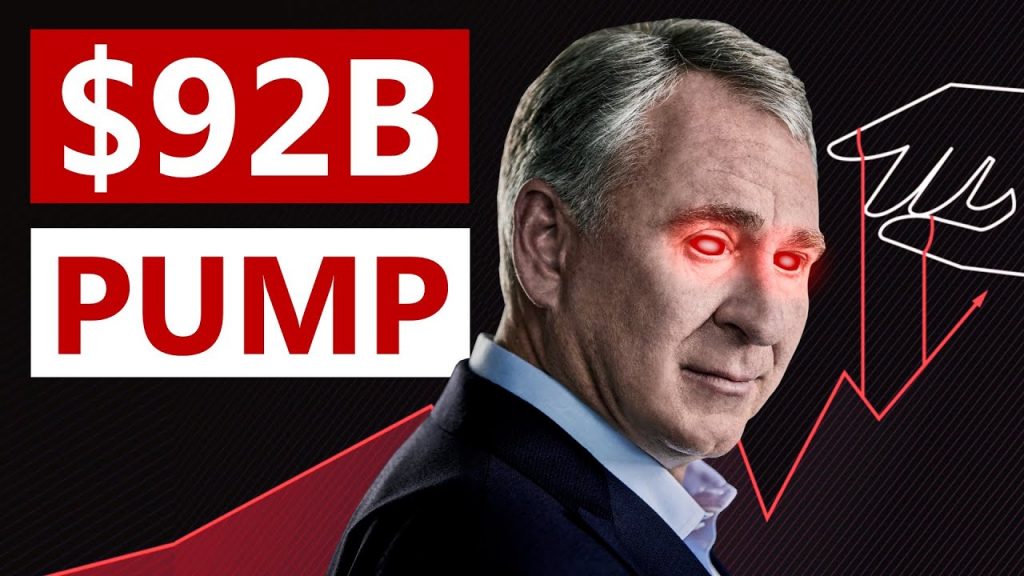Game theory is a branch of mathematics that studies the decision-making of rational individuals and organizations. In the context of finance and trading, game theory is used to analyze market behavior and determine the optimal strategy for a particular player in a given market situation.
Market manipulation refers to the intentional manipulation of market prices through deceptive or fraudulent actions. It is illegal and unethical, but still persists in many financial markets due to the potential for significant financial gain.
Intersection of Game Theory and Market Manipulation
Market manipulation can be seen as a game between the manipulator and the market. The manipulator tries to manipulate the market for their own gain, while the market tries to maintain its efficiency and fairness. Game theory provides a framework for analyzing this interaction and determining the optimal strategies for both the manipulator and the market.
For example, market manipulators may use strategies such as spreading false information or creating artificial demand for a security to drive up its price. These actions can be modeled as a game between the manipulator and market participants, with the manipulator trying to achieve their goals and the market participants trying to protect themselves from manipulation.
The market, in turn, may use strategies such as increased monitoring and enforcement to deter manipulation. These strategies can also be modeled using game theory to determine the optimal combination of market defense mechanisms.
Historical Data
Market manipulation has been a persistent issue in financial markets throughout history, including in India. Some notable examples include:
- The South Sea Bubble of the 1700s, where shares in the South Sea Company were artificially inflated, leading to a market crash.
- The Stock Market Crash of 1929, where speculation and market manipulation contributed to the collapse of the stock market.
- The Enron Scandal of the early 2000s, where executives at the energy company manipulated financial statements to inflate stock prices.
- The Libor Scandal of 2012, where several major banks were found to have manipulated the London Interbank Offered Rate for their own financial gain.
- The Satyam Scandal in India in 2009, where the management of the software company manipulated financial statements to inflate stock prices.
These incidents demonstrate the ongoing challenge of market manipulation and the need for effective deterrents to protect market participants and promote market efficiency.
Conclusion:
In conclusion, game theory provides a useful tool for understanding and analyzing market manipulation. By modeling market manipulation as a game between the manipulator and the market, game theory helps us understand the strategies and motivations of both parties and determine the best way to protect against manipulation. However, it is important to note that market manipulation is illegal and unethical, and should be discouraged through increased enforcement and education. Despite the efforts to prevent it, market manipulation remains a persistent issue, highlighting the need for continued vigilance and efforts to promote market efficiency and fairness.
